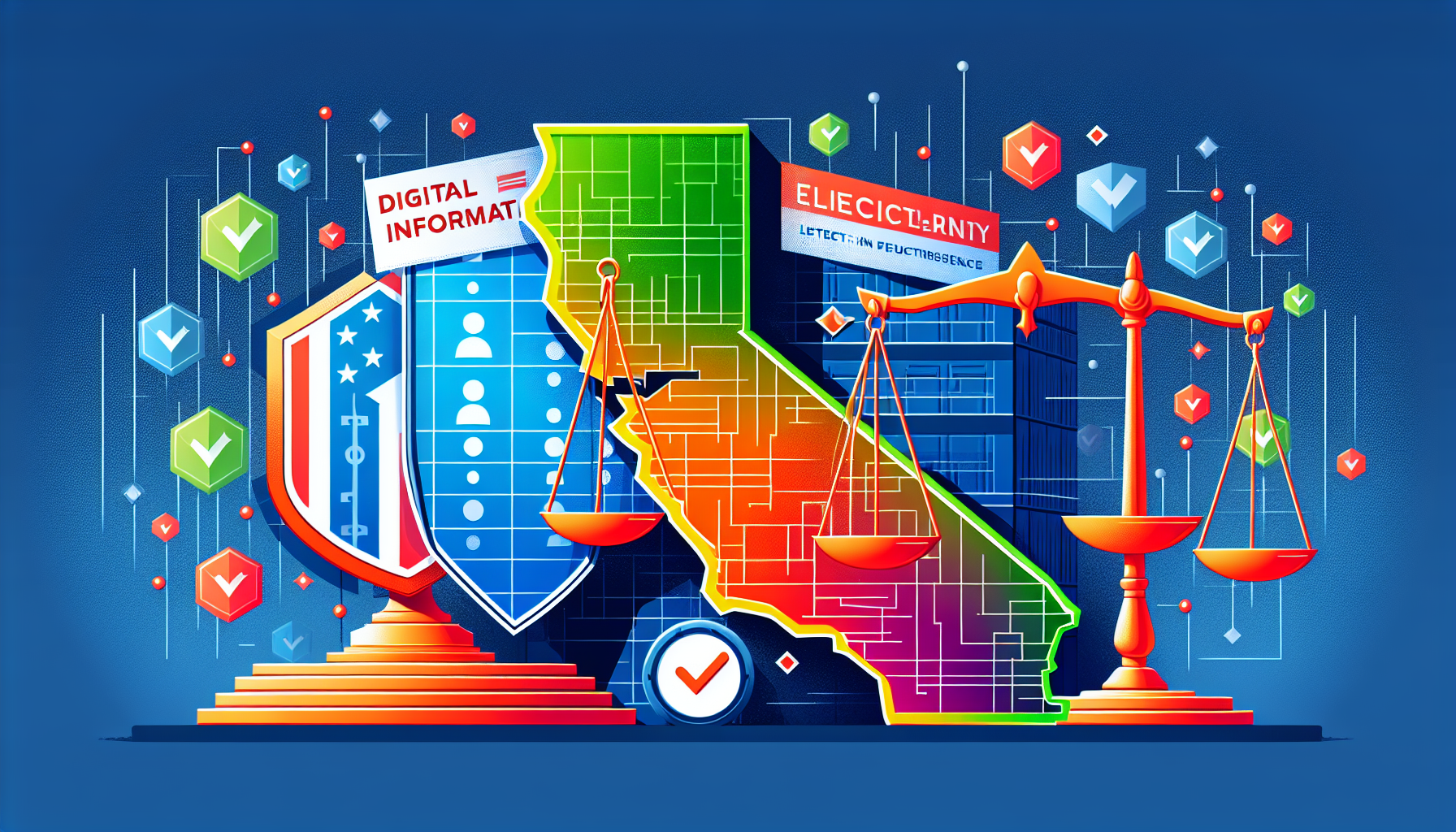
California Legislates Digital Likeness Protections
Safeguarding Performers’ Identities
In a move that has sent waves of excitement through Tinseltown, California Governor Gavin Newsom recently signed two groundbreaking bills – AB 1836 and AB 2602 – into law. These legislative gems aim to protect the digital likenesses of our beloved actors and performers from unauthorized AI meddling. Picture this: no more C-list cameos from beyond the grave unless their estate gives a firm thumbs-up!
AB 1836: Shielding Legends of the Past
AB 1836 is the doppelgänger guardian we all didn’t know we needed. This little piece of paper puts a protective bubble around deceased performers, ensuring their digital replicas can’t be used in films, TV shows, video games, audiobooks, and sound recordings without the estate’s explicit consent. Hollywood has spoken: Even in the afterlife, consent matters.
AB 2602: Advocating for the Living
While AB 1836 speaks to the nostalgia of the past, AB 2602 is all about today’s living, breathing stars. This bill ensures that any contract involving AI-generated digital replicas of a performer’s voice or likeness must clearly outline the terms of use. Oh, and those contracts? Performers must have professional representation while negotiating them. It’s a digital brick wall against exploitation.
Informed Consent: The Name of the Game
Informed consent is the beating heart of these bills. Gone are the days when performers could unknowingly find their digital selves frolicking in unauthorized projects. With these new regulations, performers need to give the green light before their digital doppelgangers can see the light of day. Professional representation is a must, leveling the playing field in the treacherous waters of digital and AI negotiations.
SAG-AFTRA’s Victory Lap
Stars across Hollywood are tossing their trilbies in the air as these laws represent a significant victory for SAG-AFTRA members. This win comes on the heels of last year’s strike, where performers had to draw a line in the sand, or rather, on the red carpet. Now, AI can’t sneakily replace actors without their say-so, clinking glasses all around for the proper use of tech innovations.
Echoing Across the Nation
California isn’t just stopping at sunshine and surfboards; it’s setting a legislative precedent. Other states are looking on, with labor unions nationwide pushing for similar protections at a federal level, such as through the NO FAKES Act. Yet, the California Chamber of Commerce grumbles about enforcement practicality and legal fisticuffs – because what’s a good law without a bit of drama?
Taming Election Deepfakes
And it’s not just the glitterati getting protection; election campaigns have also been swept into the fold. Governor Newsom has added another feather to his law-making cap by signing legislation to curb the use of deepfakes in elections. It’s all about keeping the voting booths AI-hijinks-free. Voting integrity, meet your new best friend: the deepfake-proof law.
A Nod to History and Progress
The current legislative whirlwind blowing through California is, in many ways, a response to the actor strikes of yesteryear. With concerns over wages and AI replacements crescendoing to a fever pitch, lawmakers had to step in. It seems the screenwriters of life have woven a plot twist just in time, balancing the scales of tech innovation and performer protections.
Navigating Through a Techno Landscape
As AI continues to flex its digital muscles, this legislation represents a tightrope walk between embracing cutting-edge innovation and ensuring our hard-working artists don’t get the short end of the selfie stick. These laws mark a new chapter, one where Hollywood can bask in the dazzling glow of technology, secure in the knowledge that the rights of its performers are well-guarded.






